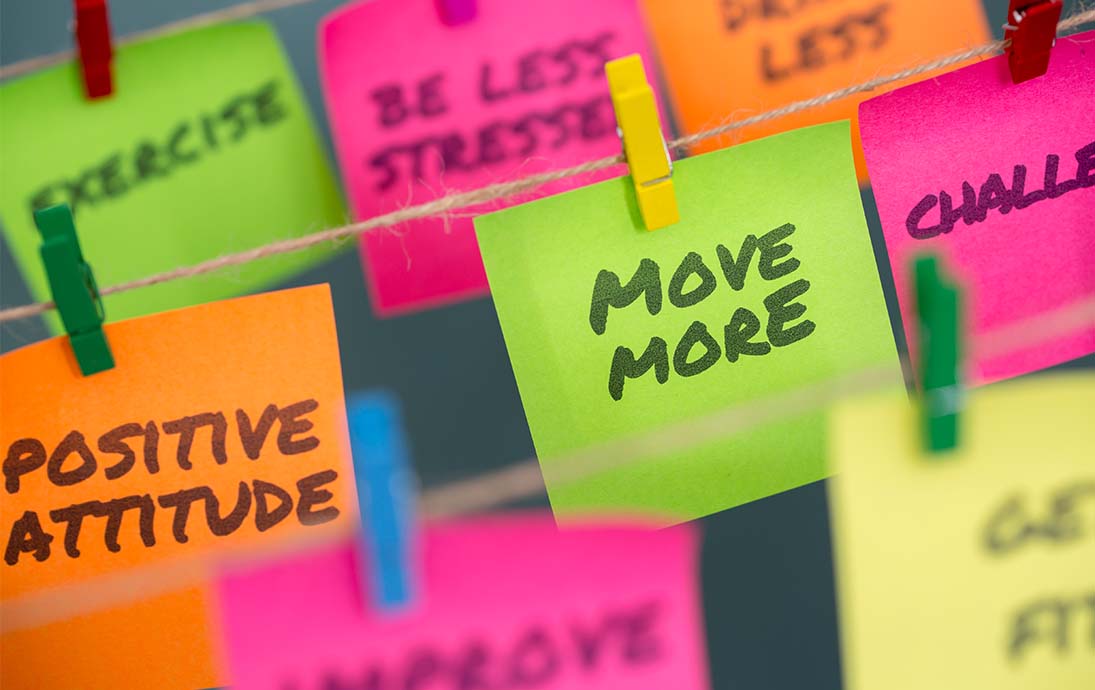
Let’s talk.
Where would you expect a triggering thought of sadness would overtake you? On a hot, sunny, sandy beach—or shoveling your way out of a heavy snowfall?
If you answered both, you are correct!
Basically, no matter where you are, an emotional trigger can interrupt your thought process and sadness or other uncomfortable thoughts can creep into your mind.
Psychology Today states, “An emotional trigger is any topic that makes us feel uncomfortable. When we can identify what bothers us, we can take action to protect our mental health. Even though we can't avoid all of the situations that may emotionally trigger us, we can take actionable steps to take care of ourselves and develop a strong inner-voice to help us navigate through these uncomfortable situations.”
What causes emotional triggers?
Common situations that trigger intense emotions can include:
- Rejection
- Betrayal
- Unjust treatment
- Challenged beliefs
- Helplessness or loss of control
- Being excluded or ignored
- Disapproval or criticism
- Feeling unwanted or unneeded
- Feeling smothered or too needed
- Insecurity
- Loss of independence
How to identify your emotional triggers
Everyone has some emotional triggers, though they might look different from person to person. Triggers include memories, specific topics, or another person’s words or actions. An important step in learning to recognize your specific triggers means you must pay attention when situations create a strong emotional response. Here’s a few suggestions for acknowledging your triggers:
- Listen to your mind and body. You may experience a surge of emotions and physical symptoms of anxiety with a pounding heart, upset stomach, sweaty palms.
- Step back. Recognize what happened and the response it activated.
- Trace the roots. Try following these feelings back to their origin and why it makes you feel uncomfortable.
- Get curious. Sometimes it takes digging to find the connection to a trigger.
Managing your emotional triggers
Once you’ve identified those triggers that cause an emotional or physical reaction, you may think that by avoiding specific situations, you’ve solved the problem. It’s not that easy.
Since we cannot avoid all difficult situations, life stressors, and painful emotions, we must develop a plan that gives us the tools to deal with them as they happen. Walk through the following steps when you’re feeling anxious or stressed:
- Own your feelings. Give yourself some space. Keep an open mind. Communicate.
- Long-term healing. Identify toxic relationship patterns. Keep a mood journal. Talk to a professional.
- Avoid negative responses. Stay away from actions such as overeating, alcohol, and substance use as they can lead to negative long-term results.
Emotional triggers and substance use
Amplified emotional triggers and pandemic-related strains from economic stress and loneliness, including general anxiety about the virus, are major drivers for an increase in substance-seeking solutions. As stress increases, people have had fewer ways to manage it. During COVID-19, resilience-promoting activities, like physical activity and social interactions, haven’t been as accessible or safe to engage in which can lead some people to start or increase usage of alcohol or drugs.
PHP’s Medical Director, Dr. Mark King, reports, “As this pandemic advances, coupled with social unrest and winter cabin fever, I am observing a marked increase in hospital admissions and office visits for substance abuse and anxiety/depression. As we deal with these concerns and the possibility of increased emotional triggers, there is a clear need for self-awareness of our challenged physical, emotional, and spiritual health. Reach out for professional assistance if you find yourself unable to manage your emotional triggers in a healthy manner.”
According to the Centers for Disease Control and Prevention (CDC), as of June 2020, “13% of Americans reported starting or increasing substance use as a way of coping with stress or emotions related to COVID-19.” Overdoses have also spiked since the onset of the pandemic. The trend continued throughout 2020, according to the American Medical Association, and many states, including Indiana have seen increases in opioid-related illnesses and death along with ongoing concerns for substance use.
PHP offers telehealth and behavioral health benefits
Fortunately, it’s become easier throughout the pandemic for people to access care for anxiety, depression, and substance use disorders thanks to the increased availability of telehealth for behavioral health concerns. PHP members have access to doctors and nurses through their mobile device or desktop computer
Mental health and wellness resources can be found on PHP’s website here.



